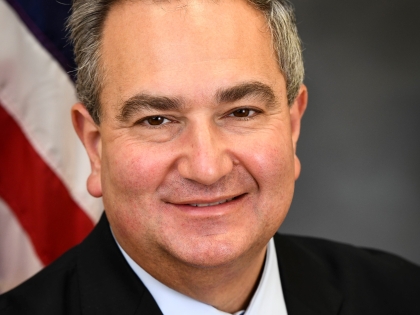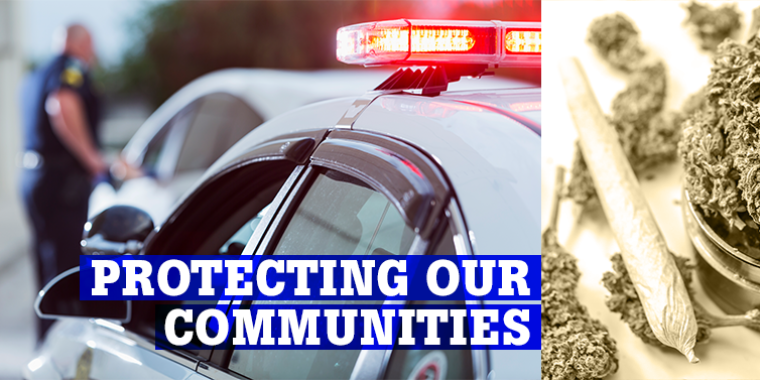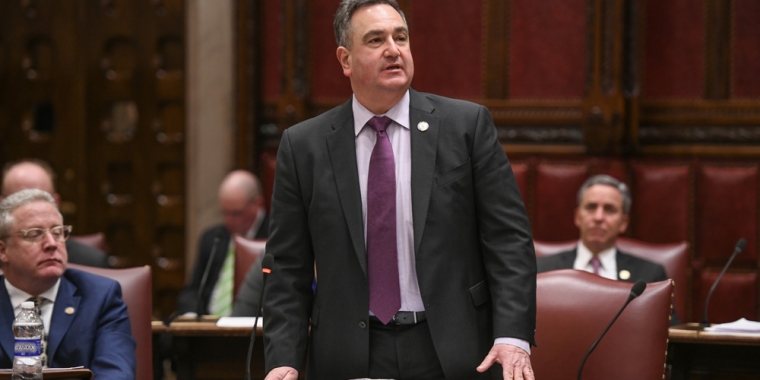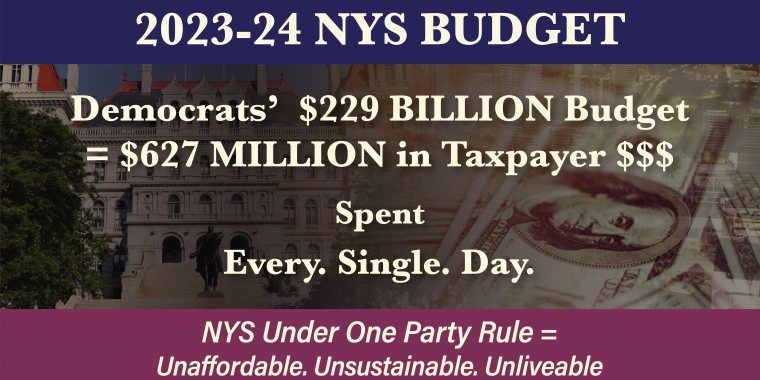
Statement from Senator George Borrello on the Senate’s Passage of Legislation Legalizing Recreational Marijuana
March 30, 2021

ALBANY – Following today’s passage by the State Senate of the Marijuana Regulation and Taxation Act (S.854A) that would legalize marijuana for recreational use, Senator George Borrello issued the following statement explaining why he voted against the measure:
“In the last two years, New York State under one-party-rule has pursued a politically-driven approach to lawmaking that is more concerned with appeasing special interests and earning progressive credentials than creating responsible, effective policies for our state. Regrettably, we’ve gone down that road again with a poorly thought-out measure legalizing marijuana for recreational use that was negotiated behind closed doors and without the input of key stakeholders. I believe we’ve made a profound mistake that will have serious economic and social costs for our state and residents.
“Right now, 14 other states, plus the District of Columbia, have legalized adult-use marijuana. Several of those, such as Colorado and Washington, have laws that have been in place for nearly a decade. There is ample data and evidence from those states that raises numerous red flags. We know that following legalization, states have seen concerning spikes in a number of problems, including marijuana-involved car accidents, marijuana use among teens and rates of mental illness. Figures like these are among the reasons why I remain opposed to taking this step.
“However, while I am personally opposed to legalization, if New York is determined to head down this path, then I believe we have a responsibility to craft a law that mitigates the risks to New Yorkers to the greatest extent possible, with no loopholes or gray areas. Regrettably, this bill doesn’t meet that standard.
“While we have made great strides in reducing drunk driving through strict laws and strong enforcement, statistics from other states tell us that the presence of impaired drivers on our roadways will increase significantly with legalization. However, this legislation doesn’t contain stronger penalties or funding to address that reality. In fact, this measure will make it harder for police to enforce marijuana-related DWI’s with the new limits this bill places on law enforcement using the odor of marijuana emanating from a vehicle to pursue a criminal charge.
“Also noticeably absent is a direct appropriation to begin increasing the number of Drug Recognition Experts (DREs) among the ranks of our police officers as I have been advocating for several weeks. DREs are highly trained police officers who use a 12-step evaluation process to identify the type of drug impacting a driver and are currently our best resource when it comes to combatting marijuana-impaired driving. With only 343 DREs out of 55,000 police officers statewide, any commitment to truly protecting New Yorkers from this looming threat will require investing tens of millions of dollars towards DRE training.
“I am also concerned at the potential implications of awarding cannabis licenses to individuals with past felony convictions. New York State law bars individuals with felony convictions from receiving liquor licenses, which is a requirement that was implemented to protect both the state and the public. In failing to hold marijuana licensees to the same standard, we are raising the risk of potential problems and liability on the part of the state.
“While public polls may show support for legalizing recreational marijuana, it’s our job to ensure that it’s done responsibly – to tune out the noise and focus on good policy, while rejecting misguided ideas that only serve to placate special interests. The litmus test for any legislation should be whether it protects New Yorkers, first and foremost. This bill fails on that count. That is why I voted ‘no’.”
###
Share this Article or Press Release
Newsroom
Go to Newsroom


